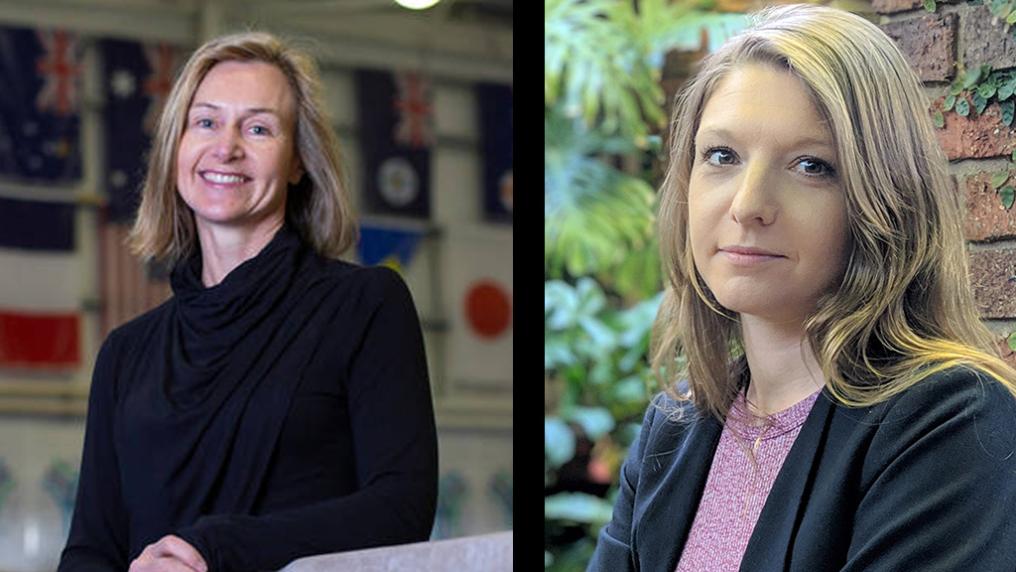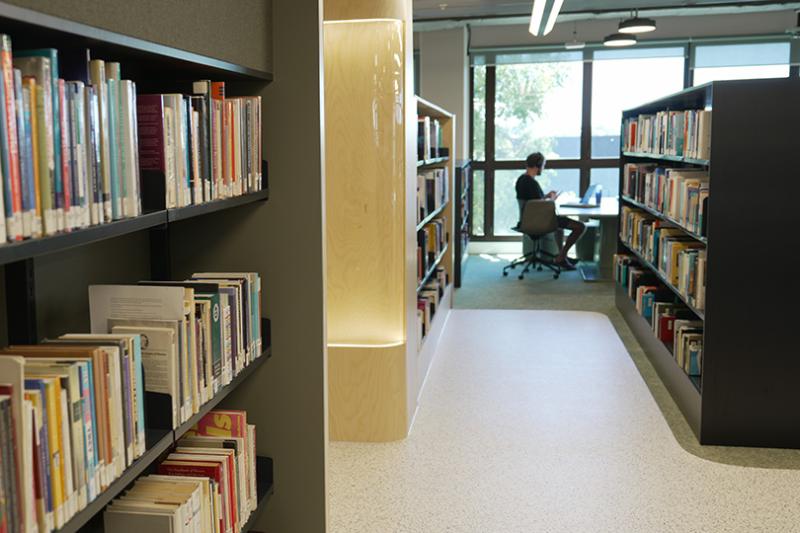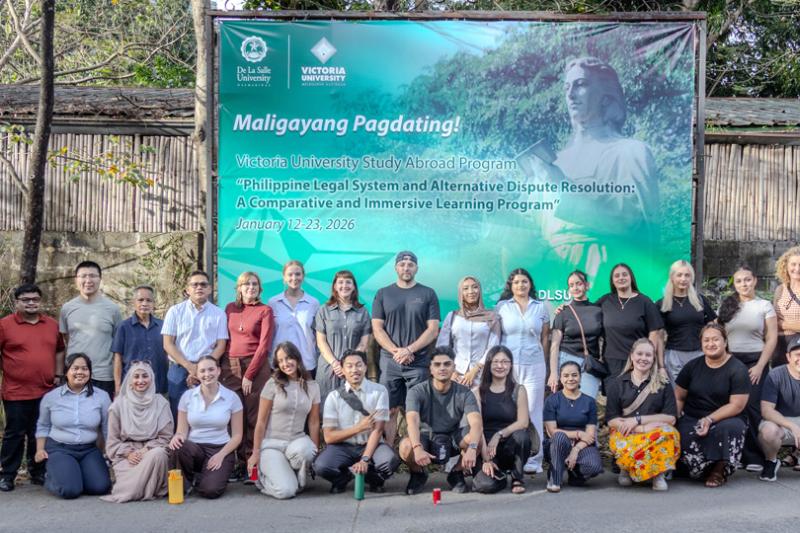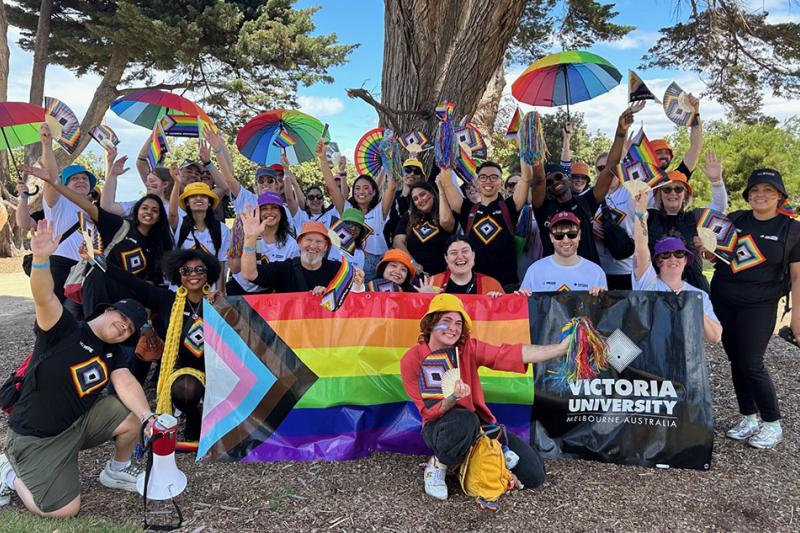VU sports research on Olympic stage

Victoria University (VU) researchers have received two (of just seven available) International Olympics Committee (IOC) Advanced Olympic Research Grants for research into sports uniforms and gender-based violence against women in sport.
The first is an international collaboration led by VU Susan Alberti Women in Sport Chair, Professor Clare Hanlon with Assistant Professor Selina Khoo (Universiti Malaya), VU’s Dr Chris Mesagno and Dr Elliott Flowers, the team aims to produce a sport uniform guide for international athletes.
“Despite recent changes in many sports to foster participation through practical, comfortable and inclusive uniforms, differences still exist in sport uniform standards between men and women,” Professor Hanlon said.
We want to explore why gender differences exist in International Federation’ uniforms and what uniform aspects athletes, regardless of gender identity, prefer that make them feel comfortable to perform.
In collaboration with the IOC Gender Equality Commission, the research team will review the uniform rules and regulations in the Summer Olympic Programme to identify uniform differences between genders.
“One anticipated outcome from our research is a change in Summer Olympic International Federation uniform rules and regulations enabling athlete choice and comfort,” Professor Hanlon explained.
Professor Hanlon and her team have been working in this space since 2020. Their work has reached national status, resulting in changes to state and national women sport uniform policies including in netball, cricket and AFLW.
“Our team is also collaborating with a globally leading commercial clothing brand to assist with a change in product for the benefit of girls playing sport. Now our research has reached the highest level that we could wish for in the IOC. I believe the results will benefit athletes around the world.”
Dr Aurélie Pankowiak as chief investigator in the second grant led by La Trobe University (Dr Kirsty Forsdike and Dr Natalie Galea, University of Melbourne) whose project will address organisational responses to gender-based violence against women in sport, and how to strengthen sports integrity units’ response to disclosures.
The team will produce a suite of resources to strengthen sports integrity units’ responses to women’s disclosures of gender-based violence, based on co-creation methods with women.
“Australia has recently started to develop organisational responses to athlete safeguarding through sport integrity units, as well as establishing a national agency Sport Integrity Australia in 2020,” Dr Pankowiak said.
But the extent to which these organisations are effectively responding to athletes’ disclosures and contributing to a safer sport environments for athletes is unclear – our project funded by the IOC aims to address that.



